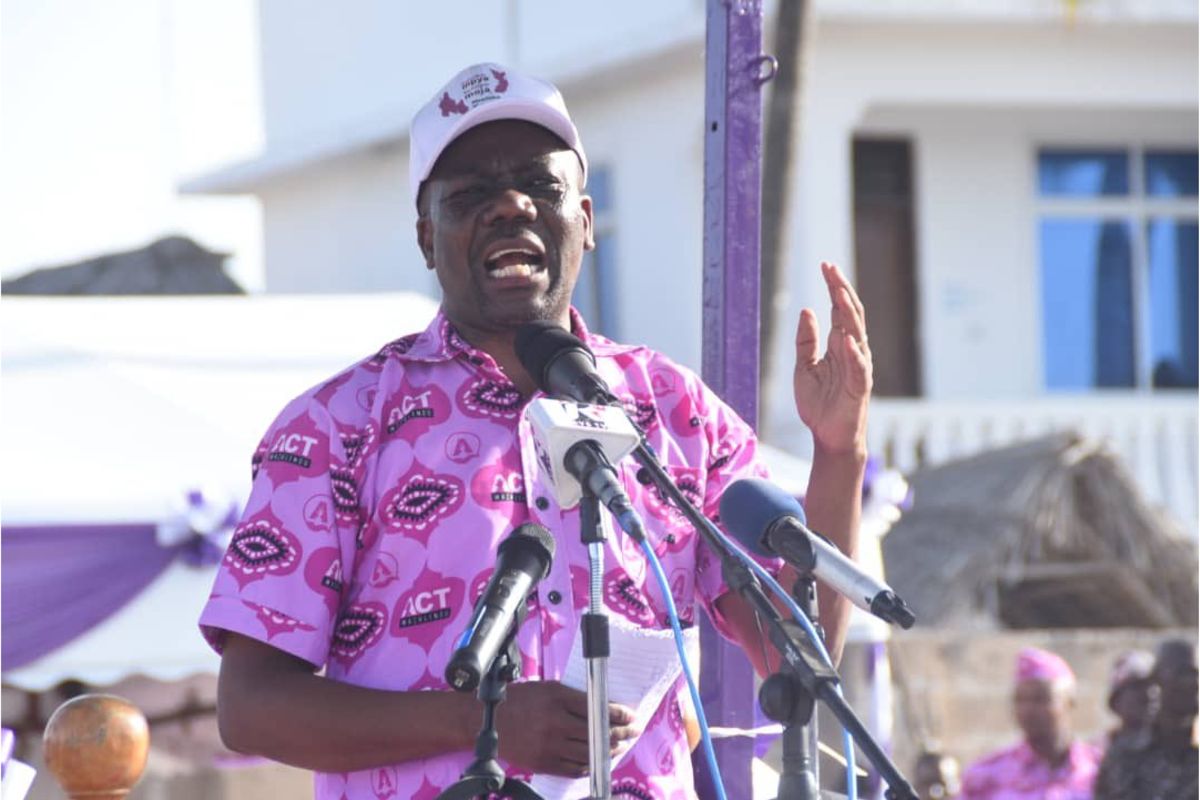The African Development Bank Group (AfDB), through its Affirmative Finance Action for Women in Africa (AFAWA) initiative has collaborated with the Graca Machel Trust (GMT) and Women Creating Wealth (WCW) to facilitate financing for women in Tanzania.
The AfDB Country Manager, Dr Patricia Laverly, said the bank is committed to supporting access to finance for businesses that are owned, managed, and led by women across Africa.
“Today, we celebrate approximately 34 women-owned businesses in Tanzania that have benefited from the training provided through our programme,” she said during a graduation ceremony.
She said that through the lender, the women who manage businesses in the country will meet the requirements to access loans from banks across the country and grow their enterprises.
She added that AfDB is sending a clear signal to all women in Tanzania that the bank is ready to stand by them, helping to develop, grow, expand, and make their businesses profitable.
The Ambassador and Director of International Trade and Economic Diplomacy in the Ministry of Foreign Affairs and East African Cooperation, John Ulanga said that women contribute a lot to employment opportunities in the country through entrepreneurship and small businesses that they manage in the country.
“Through Small and Medium Enterprise (SME) women have helped the country in innovation and productivity, poverty reduction, community development, contributing to financial inclusion and becoming role models to the young generation,” said Mr Ulanga.
He emphasised that women should not limit themselves in doing business as long as there is a chance for them to build up their market, they should take a chance and do their businesses across nations.
Furthermore, the GMT Senior Entrepreneurship Manager Ms Korkor Cudjoe, said that the programme was started to inspire more women to think big about growing their businesses.
“AfDB which is affirmative finance action for women, invested 250,000 US dollars (equivalent to 655m/-) and in this programme, we have managed to raise 2.2 US million dollars as direct investment into the women’s businesses.” She said the lender has helped them to help women learn and prepare their financial books, prepare their businesses and also get the right technical assistance for them to be able to access finance.
She said, “Women need to prepare to raise their finances, without proper preparation, discipline of record keeping in business in a way that business will fail to have investors and that is why we teach them both sides.”
Source: allafrica.com














